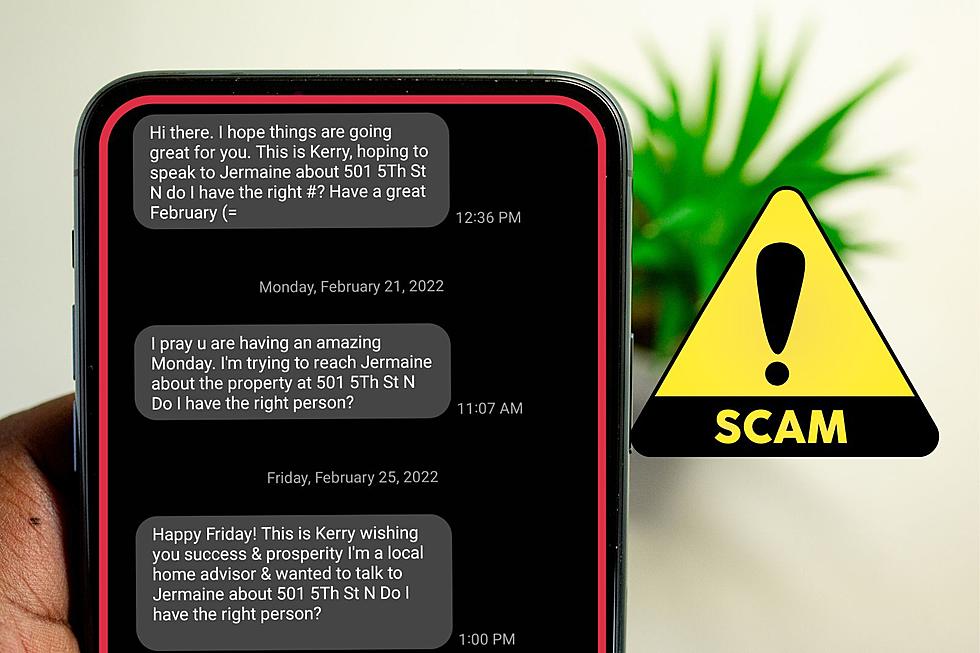
‘Smishing’ Is Very Similar To ‘Phishing’ And You Could Be Targeted
Criminals, identity thieves and hackers are doing what they can to steal your identity by any means possible. For years we've hear about 'phishing', a practice in where you are solicited through email, usually by what seems to be a legit and extremely reputable company, in hopes of revealing personal information about yourself unknowingly. This information, like your name, password, credit card and social security numbers is highly sought after by identity thieves and hackers. Phishing scams have hit some pretty big brand names and in some cases has hurt the company financially. Consumers are encouraged to delete any email that asks them to submit such personal information, because most legitimate companies will not require this kind of information via email.
Phishing has a close relative now with 'smishing'! Smishing is along the same lines of phishing, but here you're attacked via text message. Hackers send authentic looking text messages (once again) from reputable companies requesting your personal information or the get the recipient to click a site link that could end up downloading a Trojan horse or other virus to the phone. According to my Google search of smishing, this term was created by McAfee Avert Labs in August 2006.
The key is - PROTECT YOURSELF and YOUR IDENTITY! Never give out your personal information across email or text. Think before you hit send or reply, it could save you a lot of financial headaches. USA Today created a video explaining what smishing is and how it works.
More From Mix 93.1









